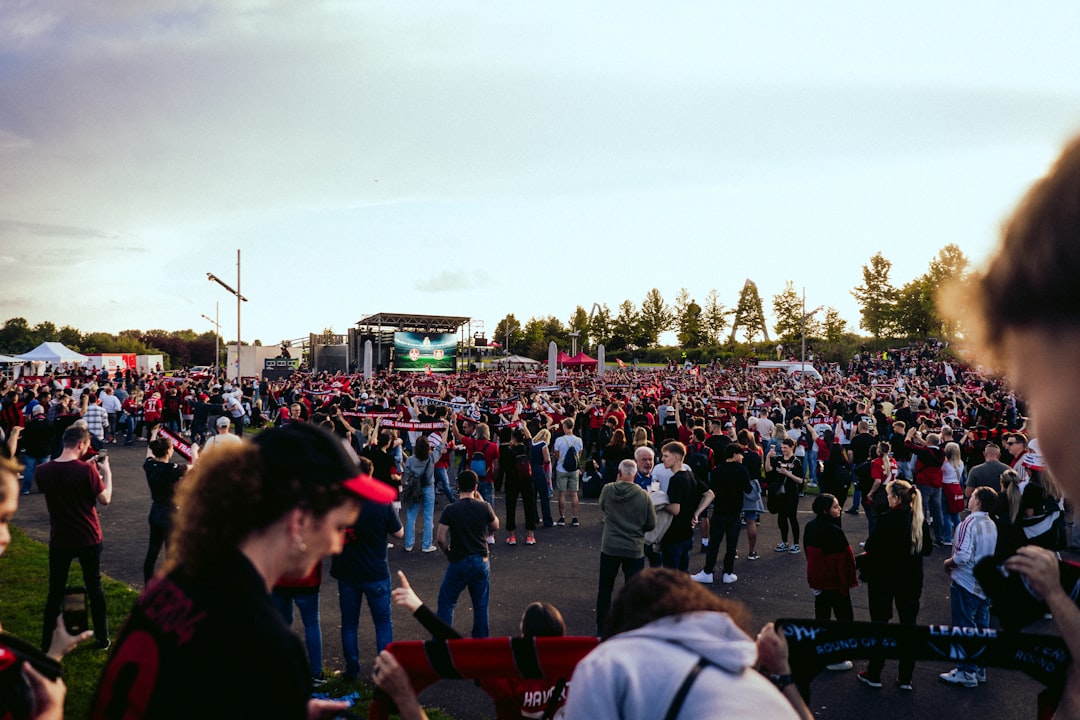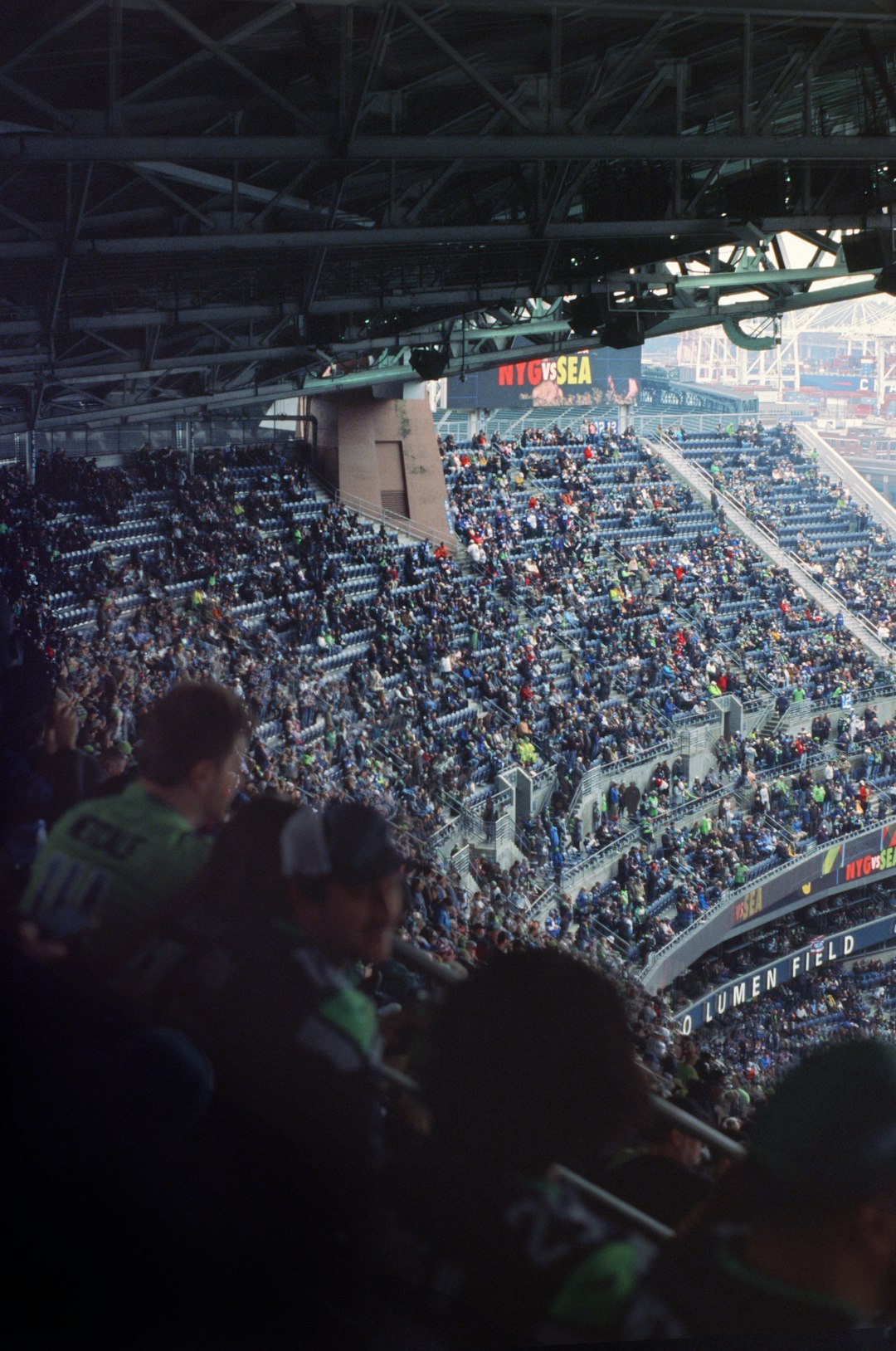In the complex landscape of alternative football leagues in the United States, the XFL has consistently fought an uphill battle to cement its place as a viable, long-term product. Amid shaky finances, league shutdowns, and fierce competition, one franchise is standing tall as a beacon of stability and potential prosperity: the D.C. Defenders. As the 2024 season unfolds, it is becoming increasingly clear that the Defenders might just be the XFL’s best hope for sustainable success—and this could matter more than fans and observers may realize.
The Defenders, based in the nation’s capital, have quickly become a flagship franchise for the XFL. With strong fan engagement, consistent on-field performance, and a promising organizational structure, they represent what the rest of the league aspires to be. The significance of their rise is not merely symbolic—it is crucial for the XFL’s attempt to become a lasting fixture in American sports.

1. A Consistent Winner on the Field
From their inaugural season in 2020 through the current 2024 campaign, the D.C. Defenders have posted some of the best win-loss records in the league. Their 2023 season, under Head Coach Reggie Barlow, saw them dominate their conference and make a run to the championship game. While winning isn’t a cure-all in professional sports, it provides validation for a team’s strategies and management.
More importantly, winning attracts fans. In markets with less established fan bases, a team’s record can significantly influence attendance, media attention, and overall engagement. In that vein, the Defenders have proven that performance on the field is inextricably linked to credibility off the field.
2. Fan Engagement and Home-Field Advantage
Anyone who has followed the XFL knows that the crowd at Audi Field is unlike any other in the league. The “Beer Snake” — a long, winding stack of plastic cups created by fans during games — has become both a cultural symbol and a viral social media phenomenon. More than that, it illustrates genuine fan enthusiasm and a unique game-day atmosphere.
While other franchises struggle to fill seats, D.C. consistently draws some of the highest attendance numbers in the league. This kind of grassroots support could make or break the XFL in the long-term.

3. A Strategic Market
As the capital of the United States, Washington, D.C. offers strategic advantages that few other cities can match. The city is home to a large, diverse population passionate about sports, yet the area still has room for cultivating alternative franchises. Most significantly, media coverage tends to be more substantial for teams located in political or financial hubs, and the Defenders benefit from that elevated visibility.
In essence, the D.C. market gives the Defenders access to large-scale exposure, an embedded sports culture, and a mixture of local and transient populations that could drive national support. For the XFL, this kind of foothold could prove vital in building a more expansive footprint across the country.
4. Stability in a Volatile League
The XFL has existed in various forms since 2001, undergoing multiple relaunches, financial setbacks, and ownership changes. Since being purchased by Dwayne “The Rock” Johnson and partners in 2020, the league has aimed to become more than just a novelty. In that context, stability is key—and the Defenders represent exactly that.
With a reliable coaching staff, well-run front office, and consistent fan interest, the D.C. franchise offers a model of how to operate in a league where many teams are still finding their footing. In fact, establishing more teams like the Defenders may be the XFL’s best route to long-term viability.
5. Why It Matters
The success or failure of the XFL does not exist in a vacuum. It influences the broader sports media landscape, player development pathways, and the future of spring football. If the league can capitalize on the momentum the Defenders bring, it may finally break through the wall that has stopped so many alternative football leagues short of permanence.
For players, the XFL offers a chance to revive or launch professional careers after college or NFL setbacks. For broadcasters and advertisers, it provides content during the NFL’s offseason. And for fans, it delivers more of the football they love. None of that happens unless the league proves itself viable—and the D.C. Defenders are helping to do exactly that.
The spotlight is shining on Washington—not just for politics, but for football. And if the XFL is going to evolve from an experiment to an institution, the D.C. Defenders may lead the way.
